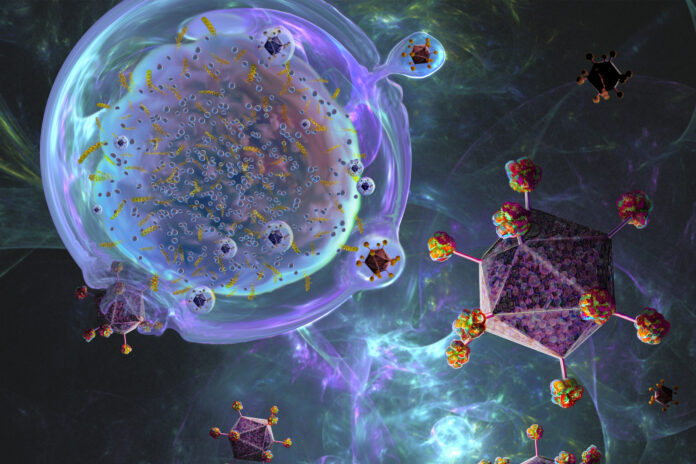
A recent study has demonstrated that chimeric antigen receptor (CAR) T therapy can be safely and effectively administered on an outpatient basis in community hospitals to patients with relapsed or refractory large B-cell lymphoma (LBCL). The findings, published in Blood Advances, herald a significant step toward improving access to this form of therapy, which is typically only offered in large university health centers
LBCL is a cancer that affects B lymphocytes and can progress rapidly if left untreated. For patients who do not respond to standard therapies or whose cancer returns, CAR T therapy can be an effective treatment option.
Traditionally, access to CAR T therapy has been challenging due to the logistics of providing the treatment. Patients often need to take time off work, travel far away from their local area for treatment, and often require hospitalization due to side effects that include cytokine release syndrome (CRS) and neurotoxicity.
“Transferring patients to a new health system can cause headaches for obtaining insurance approvals, arranging appointments, and ensuring continuity of care,” said first author Yuliya Linhares, MD, chief of the lymphoma service at Miami Cancer Institute.
Called the OUTREACH study, the research by Linhares and colleagues aimed to address these issues by evaluating the feasibility of administering CAR T therapy in the community setting. For this research the investigators enrolled 82 patients who were eligible for lisocabtagene maraleucel (liso-cel), a CAR T therapy that has demonstrated a relatively low risk of serious side effects. All patients had received two or more prior treatments for LBCL.
The results showed that—similar to the efficacy demonstrated in previous clinical trials—80% of patients experienced an objective response to liso-cel, with 54% achieving complete response.
“I’m very excited to see this therapy offered to a wider range of patients,” Linhares said. “Traditionally, CAR T cells have been administered by expert teams at university-based medical centers, which of course limits access to this very needed therapy.
“The longer patients have to wait for CAR T administration, the worse the outcomes. It is important to show that this therapy can be safely given not just in university-based medical centers, but also in community medical centers, and that it can be given not only in an inpatient setting but also in an outpatient setting,” she added.
The research revealed that nearly of the 70% of participants who received treatment as outpatients, 25% never required hospitalization. For those who were hospitalized during their treatment, the median stay was only six days for those who received treatments on an outpatient basis versus 15 days for those who received therapy as inpatients.
While about half of the participants experienced low-grade CRS, there were no cases of grade three or higher CRS events. Additionally, the rates of neurotoxicity and infections were consistent with previous studies, indicating that outpatient treatment did not pose an increased risk to patients.
Based on these results Linhares said: “I encourage as many sites as possible to work on building CAR-T cell programs” noting that implementation of such a program will require a high level of coordination between all members of the cancer care team. Other considerations include developing well-delineated operating procedures, appropriate integration of information into the electronic medical record, and the need to train staff to recognize adverse effects and ways to quickly address them.





